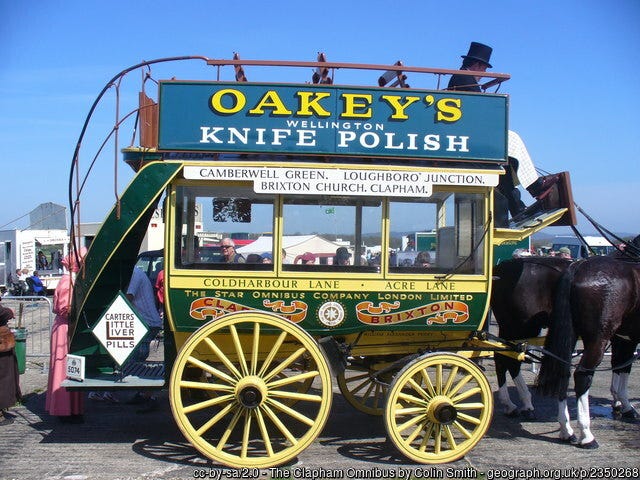Two years ago, at the height of the pandemic, I ‘took the package’ and left Omdia, formerly Ovum, to do the same thing, writing reports on software vendors but answerable to no one. CX-Create was formed in January 2021 to continue my analyst work. It focused on major software vendors whose business applications provide customer engagement tools, helping organizations foster profitable and, hopefully, positive customer experiences (CX). But then, for me, things changed.
Zoho — the Path Less Traveled
One of the software vendors, Zoho Corporation, a privately owned technology business, invited me and around a hundred other analysts to an offsite conference in Austin, Texas, in July 2022. What struck me about them was their highly ethical approach to business, not just driving profitable growth but using their financial resources for the good of the communities in which they operate. Through what they call ’transnational localism,’ in co-founder Sridhar Vembu’s words: ‘as an antidote to (failed) globalization.’ He also said: ‘We need strong and self-reliant local communities and economies everywhere (and community and economy are not separable).’
We learned how Zoho eschews the practice of building HQ skyscrapers in affluent cities but instead sets up regional offices connected to smaller satellite offices, often in disadvantaged areas. Zoho’s approach reminded me of the 19th-century chocolatiers Cadbury and Rowntrees. Both Quaker companies built towns and schools to house employees and deliver education. This was in an era when it was considered acceptable to send small children up chimneys to clean them and long before any worker welfare reforms existed.
In February 2023, Zoho invited a small group of analysts, me included, to their Indian HQ in Chennai and a visit to one of their rural schools and farms in the village of Tenkasi in the remote South of the country. This allowed us to see first-hand their regenerative business philosophy’s impact on employees and local communities. It was an inspiring ten-day visit and fanned the flames created by the spark in Austin the year before. I wrote about the visit in my blog: Zoho — Regenerative Capitalism at Work.
A Change of Direction
Since the visit, I have embarked on daily research into ‘regenerative capitalism,’ a term I heard first from Vijay Sundaram, Chief Strategy Officer at Zoho, talking to us at breakfast.
Shortly after I returned to England, several of my good chums and I spent the weekend in the Yorkshire Dales, watching the Rugby Six Nations in a cozy pub with a log fire. I have never spent more than a few minutes talking about my job, but I spent many hours discussing the subject of regenerative capitalism with one of my friends, a successful and recently retired businessman. We both concluded that it was an elevated form of capitalism that hovers high above the dogmas of socialism on the left or neoliberalism on the right. It convinced me that regenerative economics must be the next evolutionary rung to build a sustainable and genuinely regenerative future. There’s a ton of talk about Industry 4.0, transforming enterprises digitally enabling them to operate more systematically through advances in automation and AI. However, most are still stuck in the industrial age transactional mindset. Regenerative capitalism, on the other hand, elevates the purpose of business, not just to generate profits and cash for shareholders but also to create and co-create value for all stakeholders, employees, local communities, and significantly, without trashing the planet. Regenerative businesses may well deploy many of the advances in Industry 4.0, but they have their eyes on a nobler, purposeful future and are accelerating toward Industry 5.0.

Man on the top of the Clapham Omnibus
I would never discuss CX in a pub; it’s irrelevant to most. Regenerative capitalism, on the other hand, is critical to our survival as a species, our last hope to dig our way out of the Anthropocene mess we have created. But I also realized I knew very little about it and must open the Pandora’s box of climate change, planetary boundaries, and economics and financial forces. It is also incumbent on me to communicate my understanding and add my non-scientific voice to appeal to the man on top of the Clapham Omnibus. A fictional Victorian character in English civil law, offering a proxy for fair-mindedness, described on Wikipedia as a reasonably educated, intelligent, but nondescript person against whom the defendant’s conduct can be measured. I identify with that man.
My goal is to inspire business owners to take the less-traveled regenerative path by sharing my journey, which continues, highlighting some of the profound thinkers and regenerative businesses that are shaping my understanding. I’ll provide links and references so others who are interested can dig into more detail as they desire.
The bigger picture of regenerative businesses is that each is a node in a highly complex ecosystem, including our planetary boundaries, the subject of my next post. Join me on my journey of discovery.

